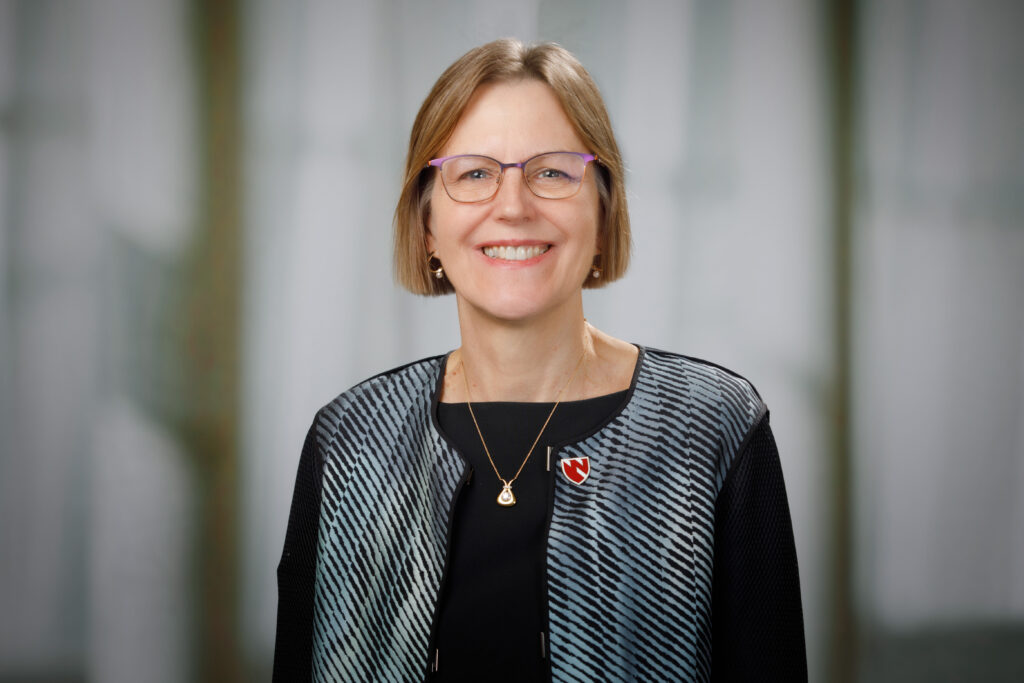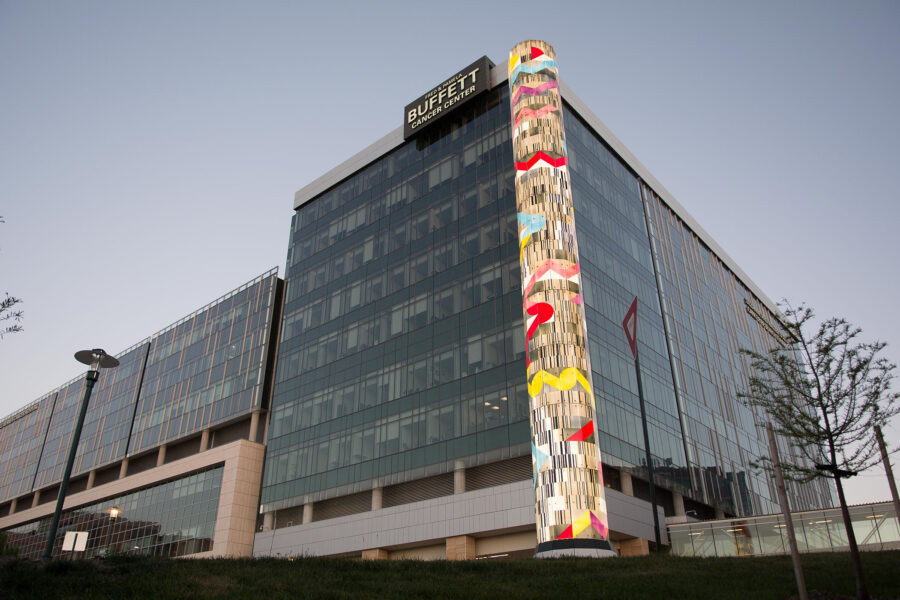The federal Cancer Moonshot has secured new commitments from health plans and oncology providers to deliver important support services to more Americans living with complex health conditions, including cancer.
The Biden Cancer Moonshot announced 40 comprehensive cancer centers and community oncology practices nationwide – including the Fred & Pamela Buffett Cancer Center – who commit to using new navigation codes to provide patient navigation services to people facing cancer. Seven leading health insurance companies announced new commitments to begin paying for navigation services to help patients and their families navigate health care treatments for cancer and other serious illnesses.
Through the cancer moonshot, President Joe Biden and First Lady Jill Biden have prioritized supportive services for people who are touched by cancer, including by championing the importance of patient navigation services. Navigators guide families through every step of their cancer journey. Navigators have been shown to improve health outcomes and the patient experience by reducing times between diagnosis and treatment and by increasing treatment completion. These services also lower health care costs by reducing ER visits and hospitalizations and reduce health disparities, including by facilitating access to services to address unmet social determinants of health, such as food and housing insecurity and transportation needs.

Fred & Pamela Buffett Cancer Center Director Joann Sweasy, PhD, said the initiative speaks to the wide-ranging impact of a cancer diagnosis and course of treatment.
“For a family facing a diagnosis or undergoing treatment, sometimes everything can be overwhelming,” Dr. Sweasy said. “These services reduce stress, improve outcomes and help us support patients and their families, so they can face their diagnosis and treatment knowing that we are there to help them in every aspect of their battle. One of our most important messages to our patients is: There is hope. This initiative can help us build that hope for them as we work together for the best possible outcomes.”
UNMC Chancellor Jeffrey P. Gold, MD, said the med center was proud to be among the nation’s leaders in cancer prevention, research and care.
“A cancer diagnosis can be the start of a frightening journey for patients and their families,” Dr. Gold said. “The Fred & Pamela Buffett Cancer Center has committed to preventing and curing all forms of cancer and will always provide a knowledgeable guide through this process, providing support so our patients always receive ‘state of the art care’ and can concentrate on the most important goal – beating their cancer.”
Said James Linder, MD, CEO of Nebraska Medicine, “We fully support the White House commitment to assure that patients have assistance in navigating their care journey. Too often, patients face the uncertainty of a cancer diagnosis alone, or without guidance from those who can assist decision making.
“Our staff at the Fred & Pamela Buffett Cancer Center have long been committed to helping patients ‘navigate’ these choices. Having the support from the White House and insurance companies will increase the access to these services.”
Until President Biden and Dr. Biden prioritized increasing these services, Medicare and other health plans largely did not pay for navigation, leaving this service out of reach for too many people, especially in low-resourced settings.
The administration announced that Medicare would begin paying for certain navigation services starting Jan. 1, 2024. The moonshot also led efforts to update existing medical billing codes to enable commercial health insurers to pay for navigation services. The cancer moonshot’s efforts to update the billing codes and drive use among providers and insurers means, for the first time, millions of Americans will be able to access much-needed support, like clinical care coordination, health education, patient self-advocacy training, health system navigation and connection to community-based social services to address food and housing insecurity, transportation needs or other issues that could interfere with treatment.
Specifically, these leading national and regional health insurers, comprehensive cancer centers and community oncology practices have committed to:
- Provide and cover navigation services using appropriate coding, including CPT codes 99424–99427, and, as applicable, HCPCS codes G0023-G0024, as well as tracking utilization and reimbursement metrics for these codes.
- Capture utilization of navigation codes across patient demographics, including but not limited to geography, race and ethnicity, and sex and gender, where available.
- Track associated health outcomes of patients who are benefitting from navigation services, such as number of emergency room and urgent care visits, available patient-reported outcomes and other care quality and experience measures.
- Support the provision of evidence-based navigation services to patients and caregivers in accordance with the Oncology Navigation Standards of Professional Practice, which describe the knowledge and practices navigators should provide in order to deliver high-quality, competent and ethical services to people affected by cancer.

This is great news that will certainly be a big help to our patients!